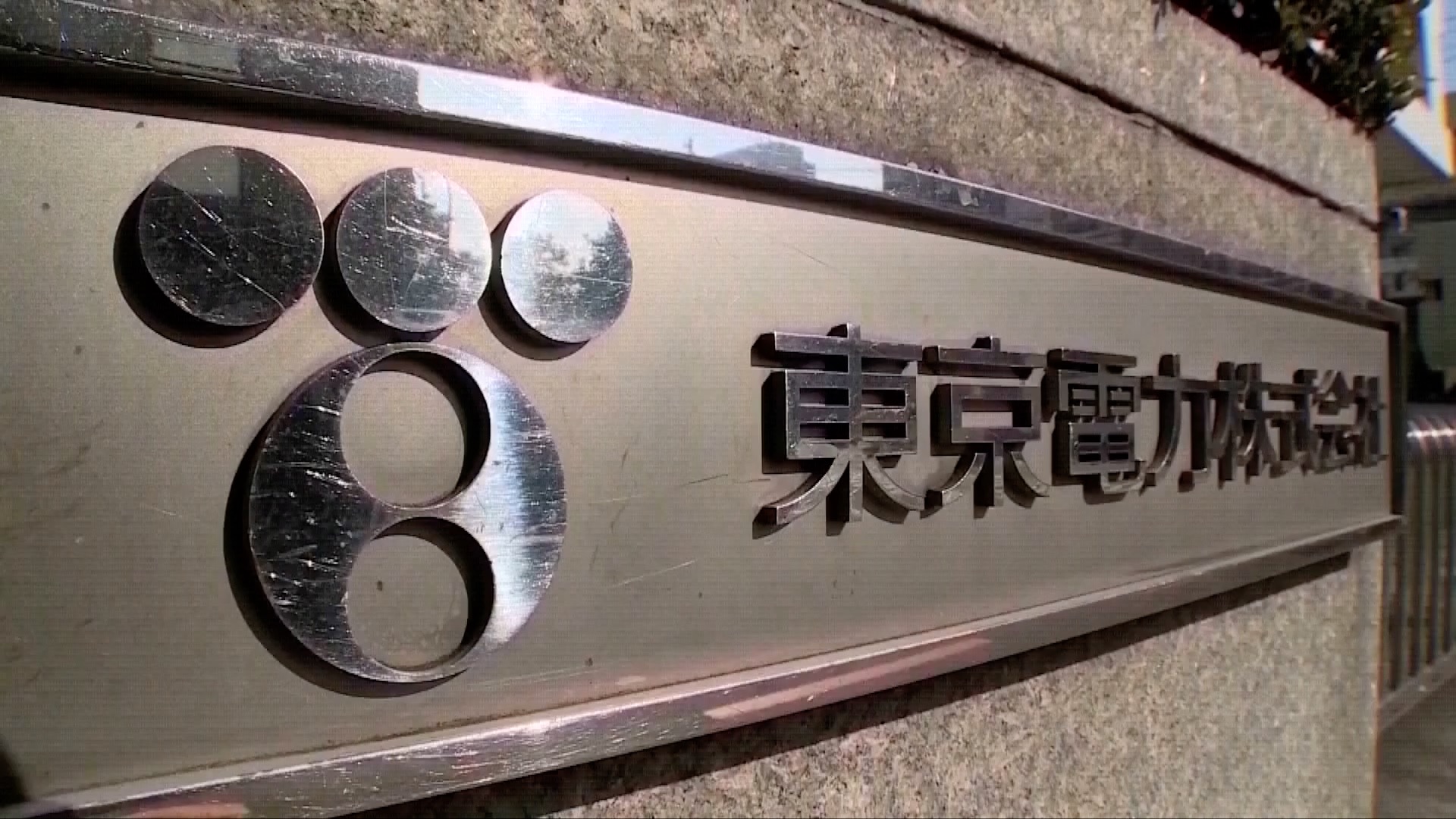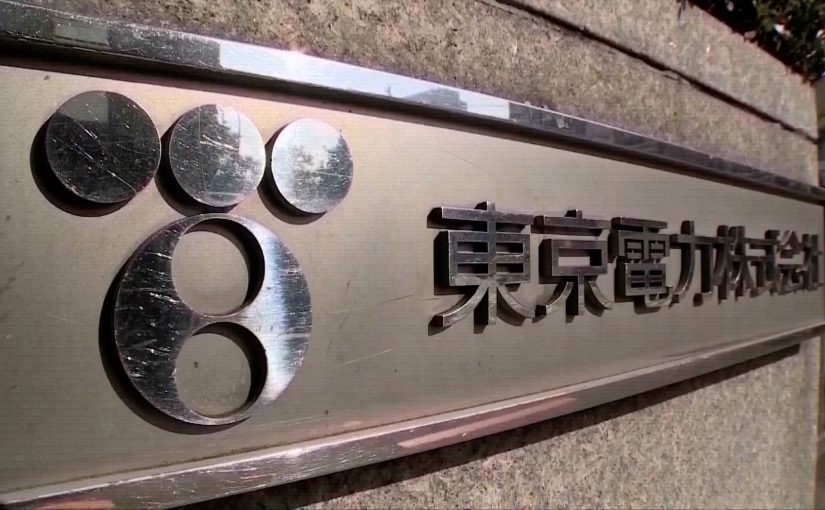 A logo of Tokyo Electric Power Company (TEPCO), the Fukushima Daiichi Nuclear Power Plant’s operator. /CMG
A logo of Tokyo Electric Power Company (TEPCO), the Fukushima Daiichi Nuclear Power Plant’s operator. /CMG
A logo of Tokyo Electric Power Company (TEPCO), the Fukushima Daiichi Nuclear Power Plant’s operator. /CMG
Japan on Friday started the fifth round of release of nuclear-contaminated wastewater from the crippled Fukushima Daiichi Nuclear Power Plant into the Pacific Ocean.
Despite opposition among local fishermen and residents as well as backlash from the international community, Tokyo Electric Power Company (TEPCO), the plant’s operator, started discharging the radioactive wastewater in the morning, the first round in fiscal 2024.
Similar to the previous four rounds, about 7,800 tonnes of the wastewater, which still contains tritium, a radioactive substance, will be discharged until May 7.
Chinese Foreign Ministry spokesperson Lin Jian said at the daily briefing that China firmly opposes Japan’s insistence on initiating the fifth round of discharging nuclear-contaminated water into the ocean, which is extremely irresponsible and brings a risk to the world.
Japan unilaterally initiated the discharge regardless of concerns over the safety of the action, the reliability of the purification equipment for the long term and the effectiveness of the monitoring management, Lin said.
He emphasized that the discharge is related to the health of all humanity, the global marine environment and international public interests. “Japan should address legitimate concerns both domestically and internationally and handle them responsibly and constructively,” he said.
China urges Japan to cooperate with neighboring countries to jointly build up valid long-term international monitoring management to prevent the irreversible consequences of the discharge, Lin added.
The fishery industry and local residents have long opposed the discharge plan. About 150 fishermen and residents from Fukushima and Miyagi Prefectures filed a lawsuit against the Japanese government and TEPCO at the Fukushima District Court on September 8, 2023, demanding they stop releasing nuclear-contaminated water into the ocean.
“The act itself of discharging large amounts of radioactive substances into the sea is bad for the environment. It’s not surprising that China and South Korea are concerned about the discharge of nuclear-contaminated water into the sea. If the discharge is unattended, it will lay hidden dangers in the future,” said Masashi Goto, a member of the Citizens’ Commission on Nuclear Energy, an independent research and advocacy body established after the Fukushima disaster in order to devise a new, comprehensive, ethical and viable policy concerning nuclear power phaseout and related issues in Japan.
“It seems as long as the water is diluted, it can be safely discharged into the sea. This is simply ignorance of safety. This approach cannot be called safe at all,” he said.
On March 4, the lawsuit held its first public hearing at the Fukushima District Court, and the number of people signed on as plaintiffs has grown from about 150 to over 360.
The Fukushima nuclear-contaminated water release began in August 2023, and a total of about 31,200 tonnes of water was released in four rounds in fiscal 2023, which ended in March.
In fiscal 2024, TEPCO plans to discharge a total of 54,600 tonnes of contaminated water in seven rounds, which contains approximately 14 trillion becquerels of tritium.
(With input from Xinhua)
